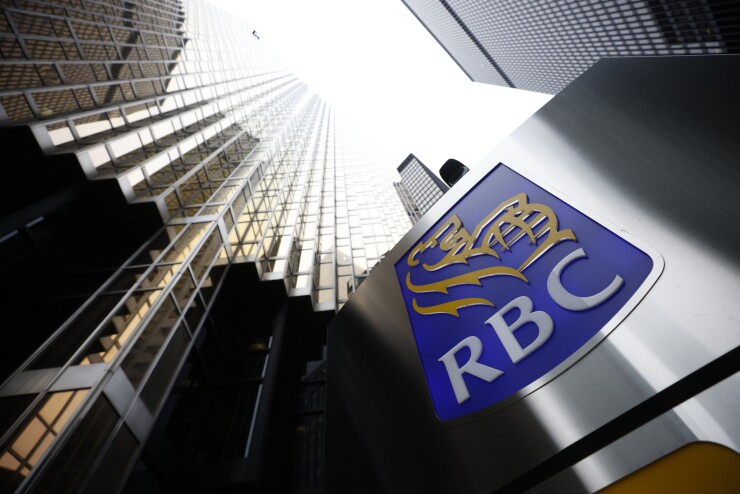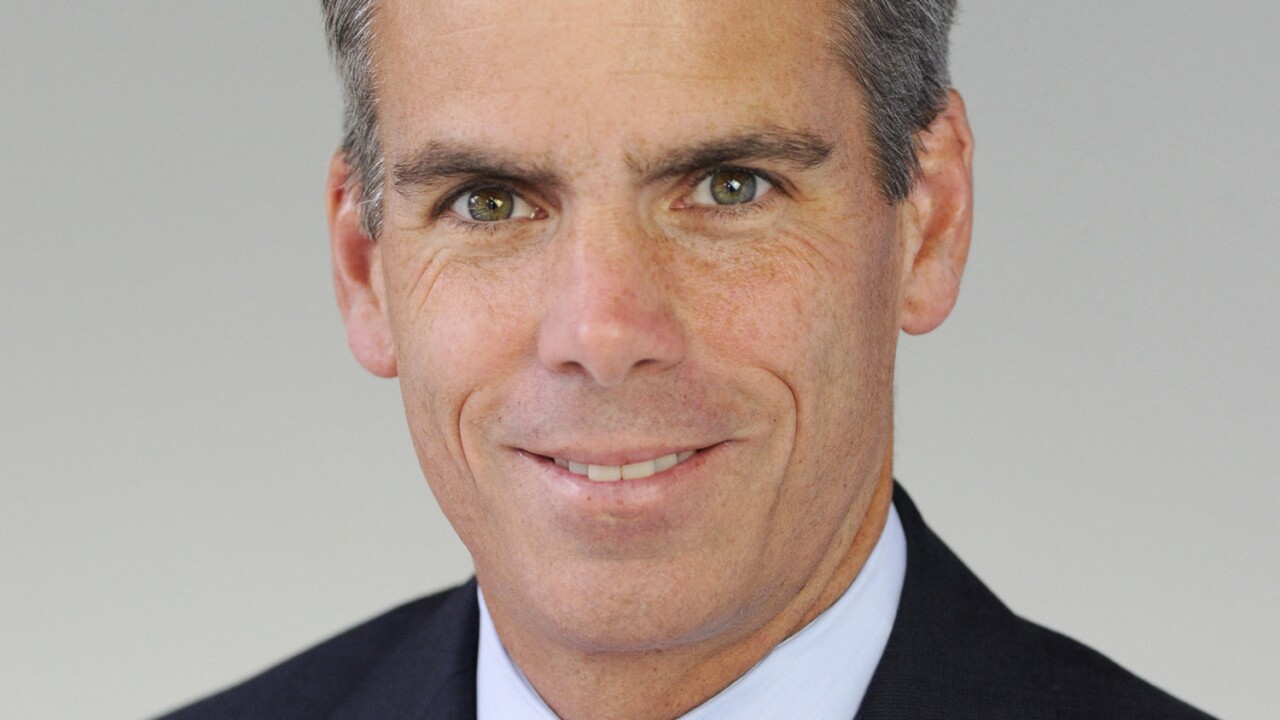Canada's largest bank increased its provisions for credit losses more than 50% in its most recent quarter, as executives prepared for a potentially tariff-hobbled economy.
In the three months that ended April 30, net income for the Royal Bank of Canada was 4.39 billion Canadian dollars ($3.17 billion), short of analysts' average estimate of CA$4.54 billion according to S&P.
Diluted earnings per share were CA$3.02, below S&P estimates of CA$3.09. And total revenue for the quarter was CA$15.67 billion, shy of Wall Street's expectations of CA$15.74 billion.
One reason for the misses was RBC's
In an earnings call with analysts, CEO Dave McKay said the increase was necessary to guard against a potential economic downturn caused
"We knew that would cause us … to miss expectations, but we still took them at the end of the day, because that's what the scenarios advise us," McKay said. "It's not like we spent that money — it goes into an ACL [allowance for credit losses], and if we're wrong, we'll release it."
Over the last two months, the Trump administration has imposed new tariffs on almost 90 countries, including levies on Canadian goods ranging from 10% to 25%. Since unveiling the bulk of the tariffs on April 2, which the president dubbed "Liberation Day," the White House has paused, increased or made exceptions to the charges.
To navigate this uncertain environment, RBC said it was gaming out five potential economic scenarios, including a severe North American recession. This worst-case scenario, chief risk officer Graeme Hepworth said, would entail high employment, higher inflation and disruptions in supply chains.
"At the beginning of April, with Liberation Day, this went to a whole different level of concern and uncertainty," Hepworth said.
Even in the 24 hours before the earnings call, there was a new twist in the story. On Wednesday, the U.S. Court of International Trade ruled that the Trump administration's Liberation Day tariffs exceeded the president's authority under a 1977 law and were therefore unlawful.
RBC's leaders welcomed that decision but said it did not completely remove the dangers to Canada's economy.
"While the short-term reciprocal tariffs appear to be illegal, it doesn't mean that we have an overall extended agreement with the United States on future trade," McKay said. "So I think our uncertainty still applies in the medium term."
For RBC, the harm from tariffs is not just hypothetical. The bank's capital markets business took in net income of CA$1.2 billion last quarter, a 5% drop from the same period last year. In the bank's earnings release, RBC attributed this partly to "lower M&A activity, primarily in the U.S.," where economic uncertainty has
"While this cloud overhangs the Canadian economy, it's having a real impact," McKay said. "So I still don't think we're shaking the overall uncertainty level just because of that ruling last night."
The executives didn't say anything about the election of Mark Carney as prime minister of Canada, succeeding Justin Trudeau, who had held the post for almost a decade.







